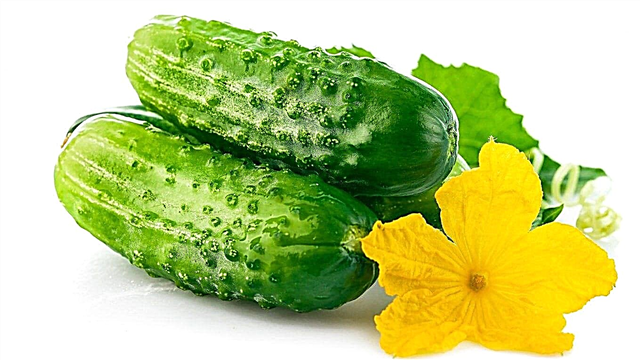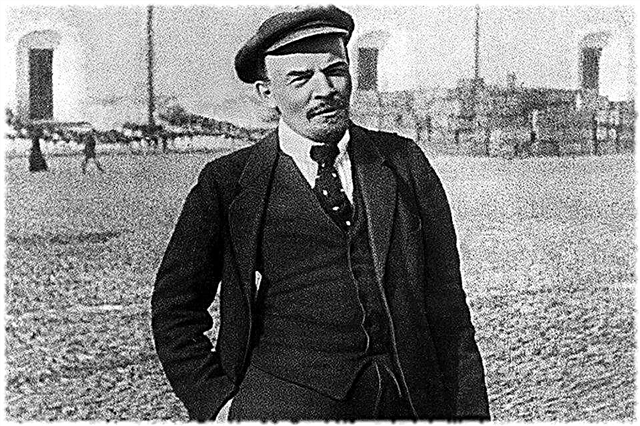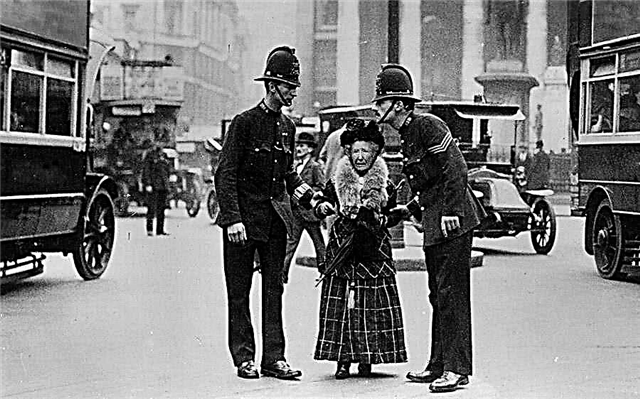
In late February - early March, when severe colds recede, and the approach of spring is already felt in the air, Maslenitsa is celebrated in Russia. Hot, bright yellow and round, dainty pastries symbolize the sun, the onset of the long-awaited warm days and the revival of life.
However, those who think that the meaning of the Shrovetide week is the massive eating of pancakes, riotous games and tasting mead, are mistaken. For a merry holiday and noisy feasts lie a centuries-old history and ancient traditions.
The history of the Shrovetide

The history of the holiday, celebrated today as Shrovetide, is rooted in the days of pagan gods. According to the surviving chronicles, 2-week celebrations of the ancient Slavs were held in the second half of March, seven days before the long-awaited spring equinox. Seeing the winter, people everywhere burned bonfires, helping the sun quickly drive away the annoying cold. Arranging fun games, performing rituals, preparing plentiful treats and flirting, the inhabitants of the villages glorified the god of vitality and fertility Yarilu.
Comedian
The Slavs called the meeting of spring "Komoyeditsa" (from the word "Kom" - a bear). Ancient tribes honored the mighty beast, with the approach of heat awakening after hibernation. The clubfoot owner of the forests was revered as the patron saint of people and brought him bloodless sacrifices - cakes.Hence the saying “The first pancake is comAm”, which sounds somewhat different in its modern interpretation.
The emergence of the concept of "Maslenitsa
The concept of "Shrovetide" appeared in the XVI century. It was then that the pagan celebration was reduced by one week, included in the church calendar and began to be celebrated before the 40-day fast - the time when it was still allowed to eat fish, dairy products and butter.
In Russia, Maslenitsa has always walked on a grand scale. Peter I did not deny himself the pleasure of riding around St. Petersburg in a horse-drawn ship, and his daughter Elizabeth, according to eyewitnesses, was very enthusiastic in the feasts and ate two dozen pancakes. During the reign of Catherine II, 3-day masquerade processions consisting of 200-400 people were held in high esteem.
Interesting Facts
People’s love for Shrovetide knows no bounds. Even the Orthodox Church, known for its irreconcilable attitude to paganism, officially recognized this centuries-old triumph. Today, Christians call it meatless (cheese) week and celebrate on the eve of Lent, 56 days before Easter. In 2019, the week-long celebration begins on March 4.
Pancakes were and remain the main attribute of Shrovetide. The custom to feast on ruddy pastries is rooted in pagan times. In early spring, the Slavs noted not only the revival of the earth after the winter cold, but also commemorated the deceased ancestors. The main dish of the holiday became a symbol of eternal life - thin memorial cakes of flour and water, which were treated to relatives and presented to the poor.Pancakes acquired the status of a “solar symbol" only in the 19th century.
From the depths of centuries came the rites of celebration. So, the favorite men's game - fist fights - originated in Russia in the IX century. The amusements of the ancient fellows were far from harmless: the opponents fought to the blood, symbolizing the sacrifice to the gods and spirits of the departed ancestors.
By the way, the tradition to solemnly see off the cold exists not only in Russia, Belarus and Ukraine. For example, in Great Britain and Ireland at the end of winter - the beginning of spring they celebrate Fatty Tuesday, the essence of which is reduced to a magnificent feast held before a long post. And in French-speaking countries, the grandiose Mardi Gras carnival is taking place at this time. Its participants put on medieval costumes and enjoy treating themselves to warm wine and crepes - the twin brothers of Russian pancakes.
Pancake week: rites and traditions
Pancake week celebrations last a week. Prepare for the long-awaited event in advance. In the old days, seven days before the start of the Cheese Week, they began to pay visits to relatives. On the eve of the holiday, the young people arranged funny games. Girls walked around the village, singing ditties, and dashing guys had fun "riding the mummers" - racing on horses harnessed to the trough.
Each day of the holiday week has a name and special rituals. So, on Monday, dubbed the “Meeting,” they began to bake pancakes. A scarecrow of winter was built from straw and old women's clothing. The rites of Tuesday, called the “Tune”, came down to the search for the narrowed and matchmaking,and on Wednesday, “Gourmand” was intended for refreshments and friendly visits.
Thursday- "Reveal" was dedicated to provocative games: mass slides, fistfights, bear fun and the conquest of snow fortresses. A fun day was completed with grand revels. On Friday ("Mother-in-law's supper"), the son-in-law called out mother-in-law to pancakes; on Saturday ("Zolovkin gatherings"), the daughter-in-law invited her husband's relatives to their home.
Sunday (“Seeing Off”) is the most important event of the wide Pancake Week. On this day, they asked for forgiveness from God and loved ones, leaving behind grievances and hidden anger. The culmination of the holiday - the solemn burning of a scarecrow, symbolizing the seeing off of winter - came with the advent of darkness. Among the Slavs, the tradition of the ritual figure on fire included agricultural traditions: in the hope of favorable weather and a rich harvest, the ashes from the fire were scattered across the fields.
Fortunetelling
During Shrovetide, it has long been customary not only to feast on pancakes and participate in fun games, but also to guess. Looking into the future was not forbidden throughout the week (with the exception of Sunday). But the most suitable day for predicting fate was considered Saturday, which was called "Zolovkin gatherings."
On this day, married women called in the house of the sisters of her husband. The sisters-in-law were allowed to bring friends with them, dreaming of putting the treasured ring on their fingers. And as a rule, noisy gatherings ended in fortune-telling on the narrowed one.
The traditional attribute of Pancake week predictions is pancakes. By their filling, the girls judged the qualities of the future chosen one:
- with jam - sociable and perky;
- with caviar - prosperous and generous;
- with cottage cheese - economical and economic;
- with butter - caring and affectionate.
Married ladies did not disdain fortune-telling. The number of future children was indicated by the number of large holes in the first baked pancake. And to find out what the family is waiting for, it was enough to look at the color and shape of the treat. The ruddy surface and beautiful pattern promised good luck, peace and happiness, and uneven edges hinted at troubles in personal life.
Of course, fortunetelling at Shrovetide is humorous in nature. It is unlikely that golden pastries will be able to predict fate. People came up with this rite as an entertainment, so you should not take the results of holiday prophecies too seriously.












